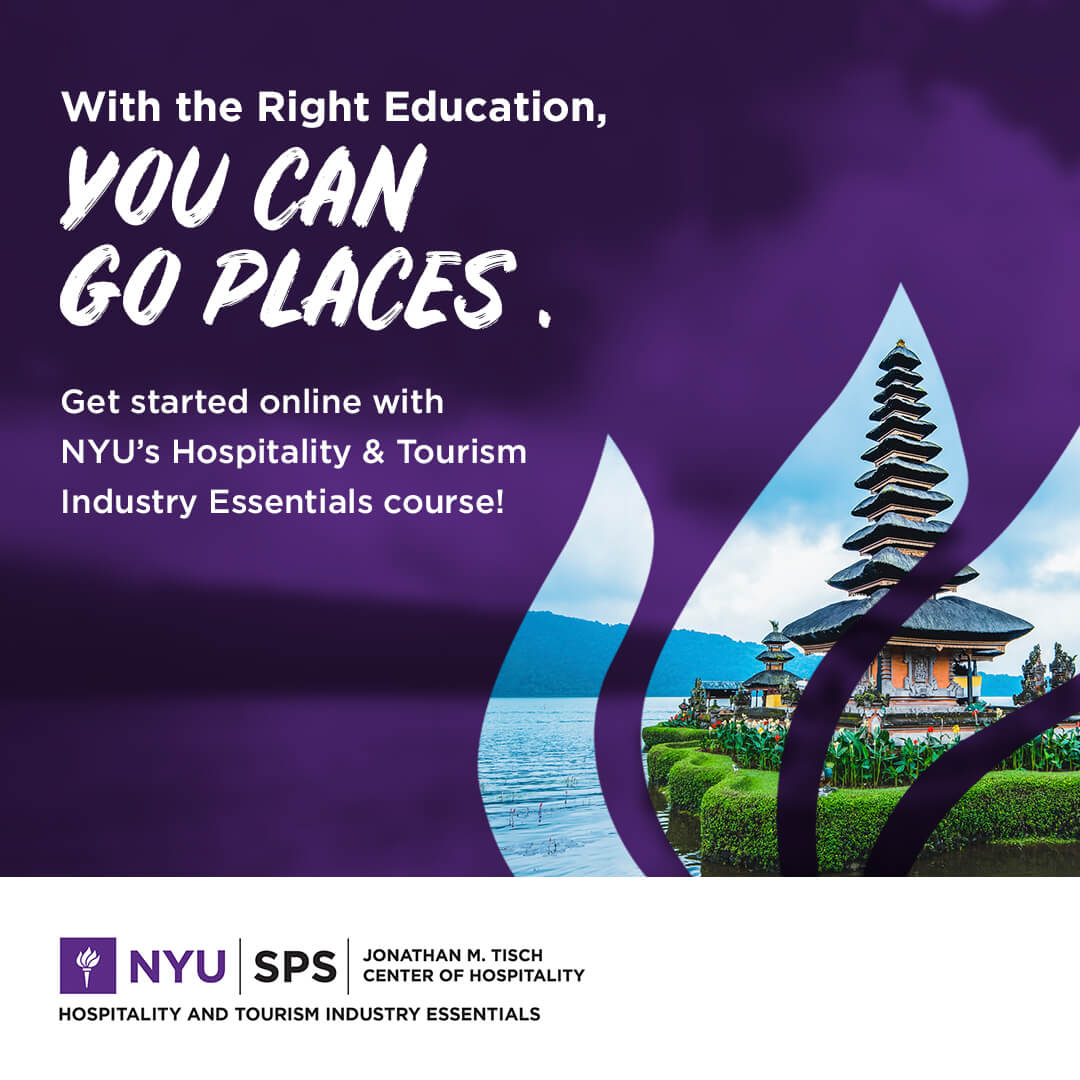Digital marketing has become an essential tool for businesses across various industries, and the tourism sector is no exception. With the increasing reliance on the internet and social media platforms for travel planning and booking, mastering digital marketing strategies is crucial for success in the tourism industry.
1. Search Engine Optimization (SEO)
One of the fundamental strategies for digital marketing in tourism is search engine optimization (SEO). By optimizing your website and content for relevant keywords related to tourism, you can improve your visibility on search engine results pages.
This can lead to increased organic traffic to your website, ultimately driving more bookings and sales. Consider creating high-quality, informative content that addresses the needs and interests of your target audience to improve your SEO rankings.
2. Content Marketing
Content marketing plays a significant role in engaging and attracting potential tourists. By creating valuable and relevant content such as blog posts, articles, videos, and infographics, you can establish your brand as an authority in the tourism industry.
Share compelling stories about destinations, travel tips, and local experiences to captivate your audience and inspire them to choose your services or products for their next trip.
3. Social Media Marketing
Social media platforms are powerful tools for reaching and engaging with travelers. Develop a strong presence on popular platforms like Facebook, Instagram, Twitter, and Pinterest to showcase your offerings, interact with customers, and promote special deals or packages.
Use visually appealing content, user-generated content, and influencer partnerships to generate buzz and attract more followers to your social media profiles.
4. Email Marketing
Email marketing is a cost-effective way to nurture relationships with past and potential customers. Build an email list of subscribers who have shown interest in your services or products and send them personalized newsletters, promotional offers, and travel updates.
Segment your email list based on customer preferences and behaviors to deliver targeted content that resonates with each recipient.
5. Pay-Per-Click (PPC) Advertising
PPC advertising allows you to reach a targeted audience through paid search ads on search engines like Google and Bing. Create compelling ad copy, choose relevant keywords, and set a budget to drive traffic to your website and increase conversions.
Monitor your PPC campaigns regularly, analyze performance metrics, and make adjustments to optimize your ad spend and maximize ROI.
6. Influencer Marketing
Collaborating with influencers and travel bloggers can help you reach a wider audience and build credibility for your brand.
Identify influencers who align with your brand values and target demographic, and partner with them to create sponsored content, reviews, or social media takeovers. Leveraging the influence of trusted personalities can significantly impact the decision-making process of potential travelers.
7. Mobile Optimization
With the rise of mobile devices, it is essential to optimize your website and marketing campaigns for mobile users. Ensure that your website is mobile-responsive, loads quickly, and provides a seamless user experience across different devices.
Implement mobile-friendly booking options, location-based services, and push notifications to cater to the needs of on-the-go travelers and enhance their journey.
8. Video Marketing
Video content has become increasingly popular among consumers seeking travel inspiration and information. Create captivating travel videos that showcase destinations, accommodations, activities, and local culture to engage your audience visually.
Share videos on YouTube, social media platforms, and your website to increase engagement, drive traffic, and encourage bookings.
9. Virtual Reality (VR) and Augmented Reality (AR)
VR and AR technologies offer innovative ways to enhance the travel experience and provide immersive previews of destinations and accommodations. Consider incorporating VR tours, AR apps, or interactive experiences into your digital marketing strategy to offer unique and memorable experiences to potential travelers.
By allowing users to virtually explore destinations and accommodations, you can influence their decision-making process and drive bookings.
10. Data Analytics and Performance Tracking
Measuring the effectiveness of your digital marketing efforts is crucial for optimizing your strategies and maximizing ROI. Use analytics tools like Google Analytics, social media insights, and email marketing metrics to track key performance indicators such as website traffic, conversion rates, engagement levels, and revenue generated.
Analyze data trends, identify areas for improvement, and make data-driven decisions to enhance your digital marketing campaigns.
Conclusion
In the competitive landscape of the tourism industry, mastering digital marketing strategies is essential for attracting travelers, increasing bookings, and staying ahead of the competition. Furthermore, you can elevate your brand visibility, engage with your target audience, and drive business growth in tourism.
Key Takeaways:
- Search Engine Optimization (SEO) is crucial for improving website visibility and driving organic traffic.
- Content marketing helps establish brand authority and engage potential tourists with compelling stories.
- Social media marketing allows businesses to interact with travelers, showcase offerings, and attract followers.
- Email marketing is a cost-effective way to nurture customer relationships and deliver targeted content.
- Pay-Per-Click (PPC) advertising can reach a targeted audience and optimize ad spend for better ROI.
- Influencer marketing leverages trusted personalities to influence potential travelers’ decisions.
- Mobile optimization ensures a seamless user experience for on-the-go travelers.
- Video marketing engages audiences visually and inspires travel bookings.
- Virtual Reality (VR) and Augmented Reality (AR) offer immersive travel experiences to drive bookings.
- Data analytics and performance tracking are essential for optimizing digital marketing strategies.
Consider enhancing your knowledge and skills in digital marketing for the tourism industry by enrolling in Yellowbrick’s “NYU Hospitality and Tourism Industry Essentials” online course and certificate program.
This comprehensive program will provide you with the tools and insights needed to excel in the dynamic world of tourism marketing.







